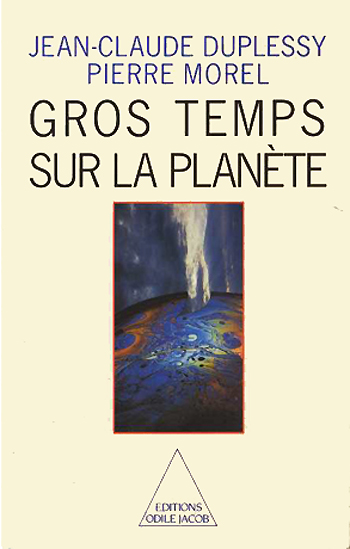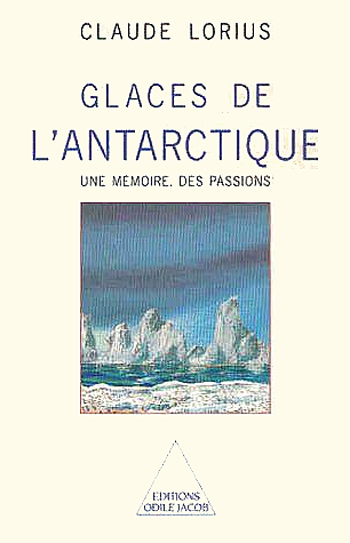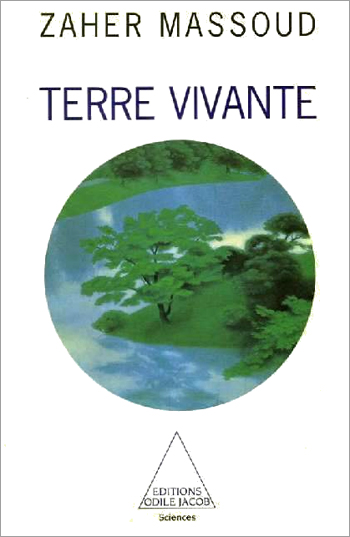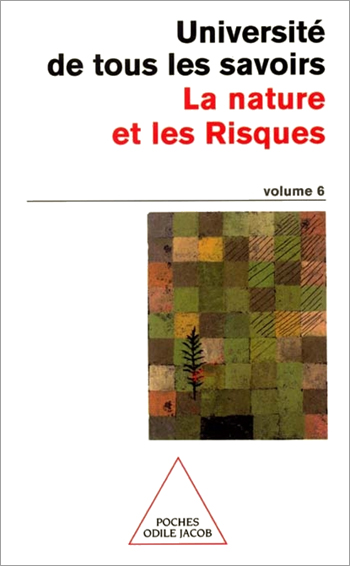Environment, Sustainable Development All books
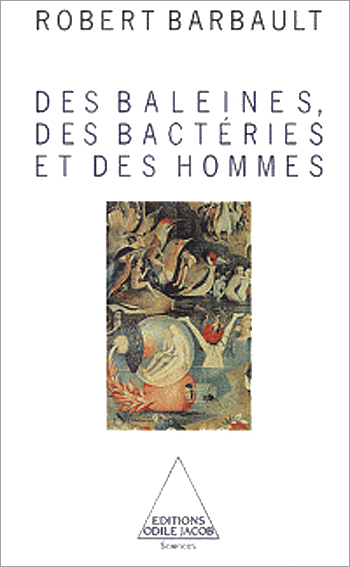
Robert Barbault
Whales, Bacteria and Man
The most prodigious mystery of life might well be in the means it has used to create so much diversity with so little matter. However, taking the risk of destroying the most precious ecosystems, Man inflicts to Nature deforestation, pollution, sea walls and many other acts of violence. This book explores this profusion of life of which human beings are one of the components as well as one of its pivots.
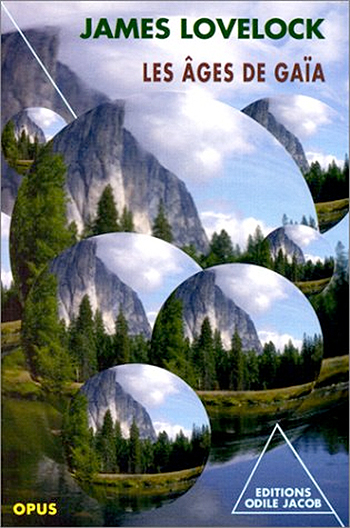
James Lovelock
The Ages of Gaia A Biography of Our Living Earth
The fascinating, controversial and most-worshipped hypothesis of ecologists - that of considering the Earth as the biggest living organism, referred to as Gaïa. It is here discussed by its inventor in person, who shows us that if our planet hasn't always had the same face, it's because there have been several ages corresponding to the predominance of very different species. In three centuries, humanity has wrought more modifications to the face of Gaïa than natural evolution did in millions of years. Although he does not doubt that the Earth, today turned completely upside-down by industrial activities, will find a new equilibrium, he does suppose that it could at the price of the disappearance of man, whose reign represents only one of the ages of Gaïa. Born in 1919, James Lovelock is the author of The Gaïa Hypothesis, a book which shook up the scientific world in the beginning of the seventies and met with great public acclaim.
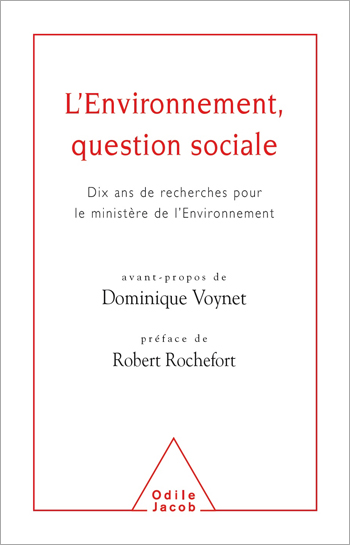
Robert Rochefort, Dominique Voynet
The Environment - A Social Question The Result of Ten Years of Research for the Environmental Ministry
This book collects 31 contributions from sociologists, legal experts, economists, and philosophers. All of these reflections point to two major motifs: that of a durable association between economy and ecology, and that of the principle of precaution necessary in and for future generations.
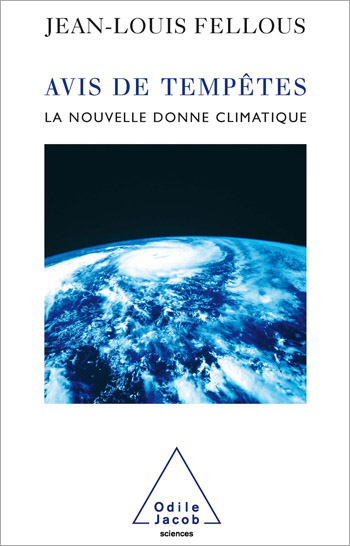
Jean-Louis Fellous
Tempest Warning The New Climatic Order
Is it true that we are heading toward global warming? And if so, what is the time frame? What will be the consequences on our lives and those of our children and grandchildren? This book will help readers understand the physical phenomena that make up the Earths climate, as well as the possible consequences of the natural and human alterations which have been inflicted on it. It also makes a plea for a concerted effort on a global scale. Jean-Louis Fellous currently heads ocean exploration for Ifremer (Institut français de recherche pour lexploitation de la mer).

